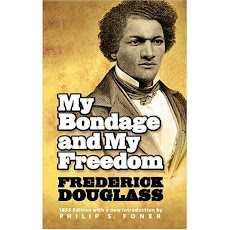The 21st Century American: Perspectives on a Definition in Transition
Who are they?
Who are we?
Am I you?
Are you me?
Much has been written about historical relations between American blacks and whites, but today, almost a decade into a new century, it is, or should be, apparent that American diversity is about more than two, not particularly monolithic, groups. What does ethnic minority mean when the largest ethnic group is less than a majority, while everyone else, in the aggregate, equals an overwhelming sum of many different peoples?
This question, important as it is, presumes ethnicity as the dominant, if not only, defining characteristic of Americans. Any sociologist will tell you, however, that all of us are members of multiple sub-cultural groups, be they religion, politics, sexual orientation, economic circumstance, environmental values or something else.
Who are they?
Who are we?
Am I you?
Are you me?
The 21st Century American: Perspectives on a Definition in Transition is about who we are, rather than who we are not. It is about the inclusion of us, rather than the exclusion of them. It is not a Pollyanna-ish attempt to deny the existence of racism, hatred and bigotry, but rather, recognition that in spite of all that divides us as Americans, what we share is of equal, if not greater, import to our national character and prosperity. From Frederick Douglass’ My Bondage and My Freedom and Helen Zia's Asian American Dreams to Dale Maharidge’s The Coming White Minority; from Samuel Freedman’s Jew vs. Jew to Nicolas Vaca's The Presumed Alliance, there has always been an American history that adds perspective to the officially sanctioned, and often incomplete, version. These, and similar, undertakings tell the real story of our nation.
The 21st Century American: Perspectives on a Definition in Transition will take advantage of the public desire for context, analysis, and participation by connecting messages from our past with observations of the present and aspirations for the future.
--Gene Bryan Johnson







